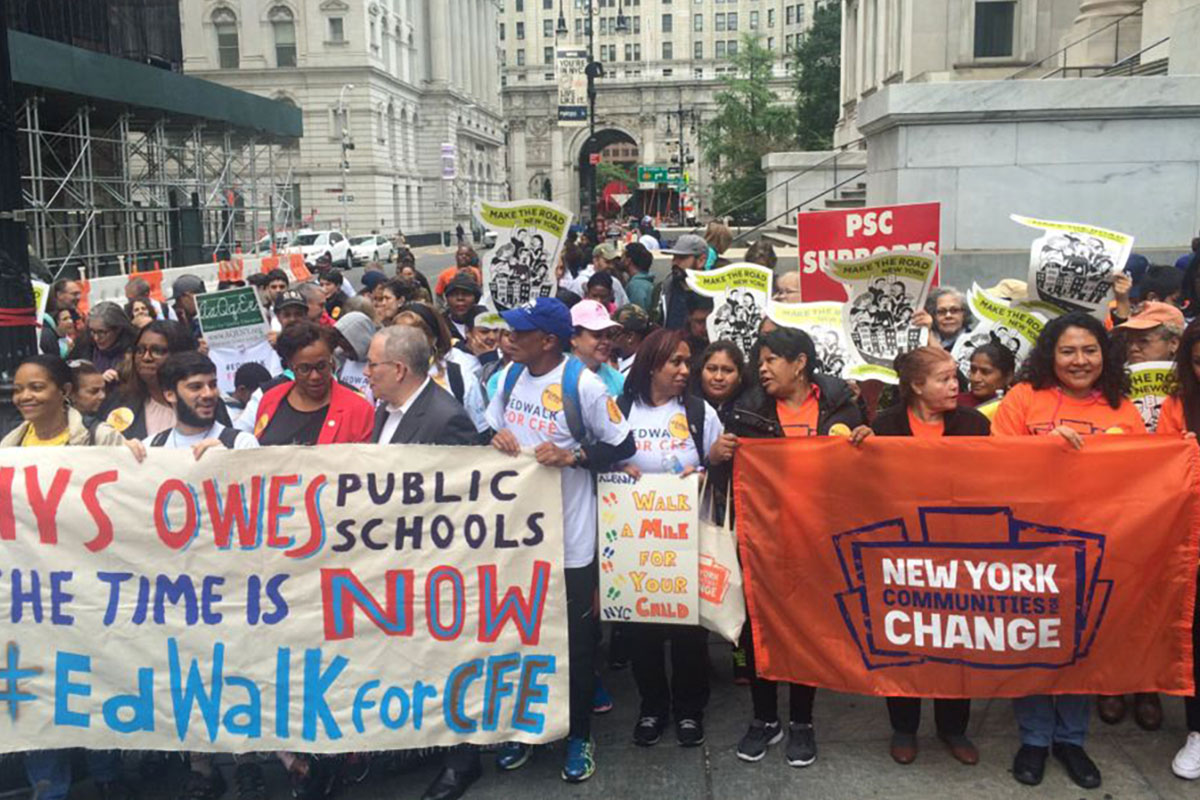The Great Recession of 2008 put a major dent in what had been a highly successful run of lawsuits that compelled states to provide more equitable funding for poorer school districts. But that bit of history is not likely to repeat itself during and after the COVID pandemic, say Teachers College’s Michael Rebell and other experts in a recent article in Education Week.
Rebell, Professor of Law & Educational Practice, was lead counsel for the plaintiffs in a suit concluded in 2006, in which a court ruling decreed that New York State must provide New York City with billions of dollars in additional school funding. Some of the funds were received, but the recession brought the payments to a halt.

TCs Center for Educational Equity, which Rebell directs, has since tracked the outcomes in suits in other states and found that plaintiffs are often prevailing -- particularly when they were asking courts to enforce previous rulings.
“A lot of state courts were willing to say, ‘Even though it’s a recession, that doesn’t put students’ constitutional rights on hold. We said funding is inadequate, and we meant it and we’re going to follow through,’” Rebell says in the Education Week story.
Rebell points to a recent settlement in Delaware, under which the state’s governor will be required to propose a budget by 2024 that will alter Delaware’s tax structure to annually provide at least $60 million for historically disadvantaged students.
Rebell points to a recent settlement in Delaware, under which the state’s governor will be required to propose a budget by 2024 that will alter Delaware’s tax structure to annually provide at least $60 million for historically disadvantaged students.
“Delaware basically said, ‘We’re not going to squeeze the state to come up with money during the middle of this pandemic when revenue is being cut, but we’ll make a settlement that’s looking at a future time period,” Rebell says.
